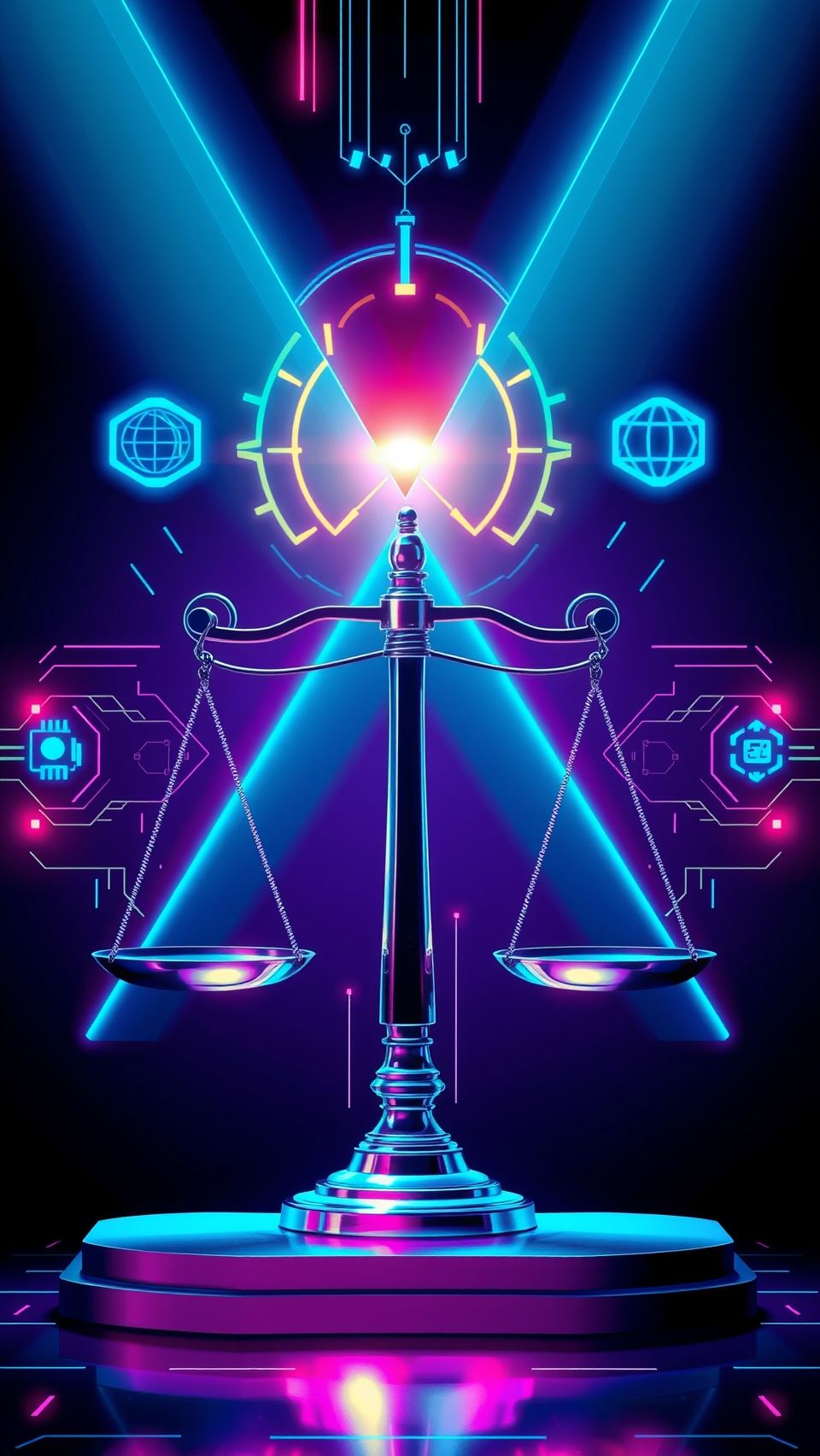Google Unveils Ironwood Tpu: Groundbreaking Ai Computing Breakthrough Set To Transform Industry
Google’s Ironwood TPU to be Generally Available in Coming Weeks, Transforming AI Computing …
24. June 2025

A federal judge in California has issued a decision in a case being closely watched by authors, artists, and AI companies. The ruling, announced on Monday, states that Anthropic likely violated copyright law when it used authors’ books to train its AI model without permission.
However, the judge also ruled that using the same works for transformative fair use purposes constitutes a valid defense under copyright law. This case is one of dozens of high-profile lawsuits brought by authors and artists against AI companies in recent years.
The plaintiffs claim that these companies have been using copyrighted materials without permission to train their AI models, which are then used to generate original content. The specific case in question involves three authors – Andrea Bartz, Charles Graeber, and Kirk Wallace Johnson – who sued Anthropic for copyright infringement.
They claimed that the company had scraped full copies of their books from online archives such as LibGen and Pirate Library Mirror (PiLiMi), as well as purchased used physical copies to scan for training purposes. The authors argue that this use of their work constitutes copyright infringement, as they did not grant permission for the material to be used.
The judge’s ruling suggests that using copyrighted materials in this way may be considered fair use if it is transformative – meaning that the new work created by the AI model is substantially different from the original. This decision has significant implications for authors and artists who have had their work used to train AI models without permission.
Many have expressed outrage and disappointment at being included in datasets without consent, and some have called for greater regulation of the use of copyrighted materials in AI development. One author, Holden Sheppard, was furious when he learned that two of his books had been used to train Meta’s AI model. He argued that the company should be required to obtain permission from authors before using their work.
Sheppard also emphasized the need for AI-specific legislation to protect authors’ rights in this area. “We need AI-specific legislation introduced in Australia that requires generative AI developers or deployers to put in a range of measures to comply with existing copyright legislation,” he said.
Other authors, including journalist and author Tracey Spicer, have expressed similar concerns about the use of copyrighted materials in AI development. Spicer felt violated when she realized that two of her books had been included in the LibGen dataset.
“This is peak technocapitalism,” she said. “It’s a bit rich for big tech to cry poor. These companies can afford to pay for content, or they can create synthetic datasets.”
The Australian Society of Authors has put out a call to authors who have had their work included in these datasets to get in touch with the organization and advocate on their behalf.
Meta has declined to comment on the ruling, citing ongoing litigation. However, the company has reportedly lobbied the Trump administration to declare that training AI on copyrighted data is fair use. In contrast, some AI companies have begun entering into agreements with publishers for the use of their work.
For example, OpenAI signed a deal with The Guardian in February for use of Guardian content in ChatGPT. As the debate over the use of copyrighted materials in AI development continues, it remains to be seen whether Anthropic’s ruling will lead to greater regulation or more widespread adoption of AI training methods that rely on copyrighted material.
The decision highlights the need for clearer guidelines and regulations surrounding the use of copyrighted materials in AI development. It also raises questions about the nature of fair use and whether current laws are sufficient to protect authors’ rights in this area.
As the use of AI continues to grow, it is likely that we will see more cases like this one, where authors and artists seek to protect their work from being used without permission. The outcome of these cases will have significant implications for the future of AI development and the way that copyrighted materials are used.